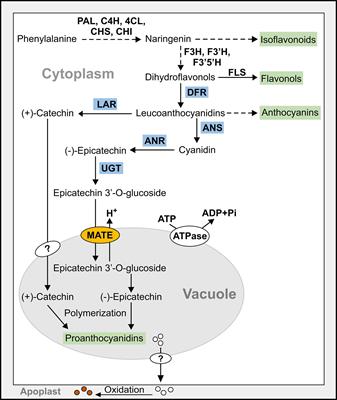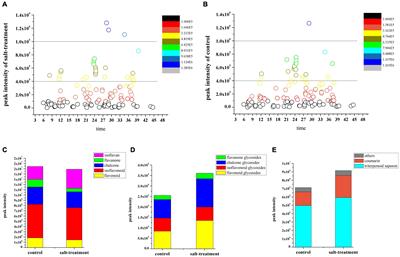EDITORIAL
Published on 10 Jan 2023
Editorial: Untapped metabolic diversity in legume-characteristic pathways
doi 10.3389/fpls.2022.1117833
- 895 views
10k
Total downloads
54k
Total views and downloads
You will be redirected to our submission process.
EDITORIAL
Published on 10 Jan 2023
ORIGINAL RESEARCH
Published on 10 Nov 2022

ORIGINAL RESEARCH
Published on 07 Jul 2022

ORIGINAL RESEARCH
Published on 21 Jun 2022

ORIGINAL RESEARCH
Published on 10 May 2022

ORIGINAL RESEARCH
Published on 14 Apr 2022

REVIEW
Published on 17 Feb 2022

ORIGINAL RESEARCH
Published on 16 Dec 2021

ORIGINAL RESEARCH
Published on 07 Oct 2021

